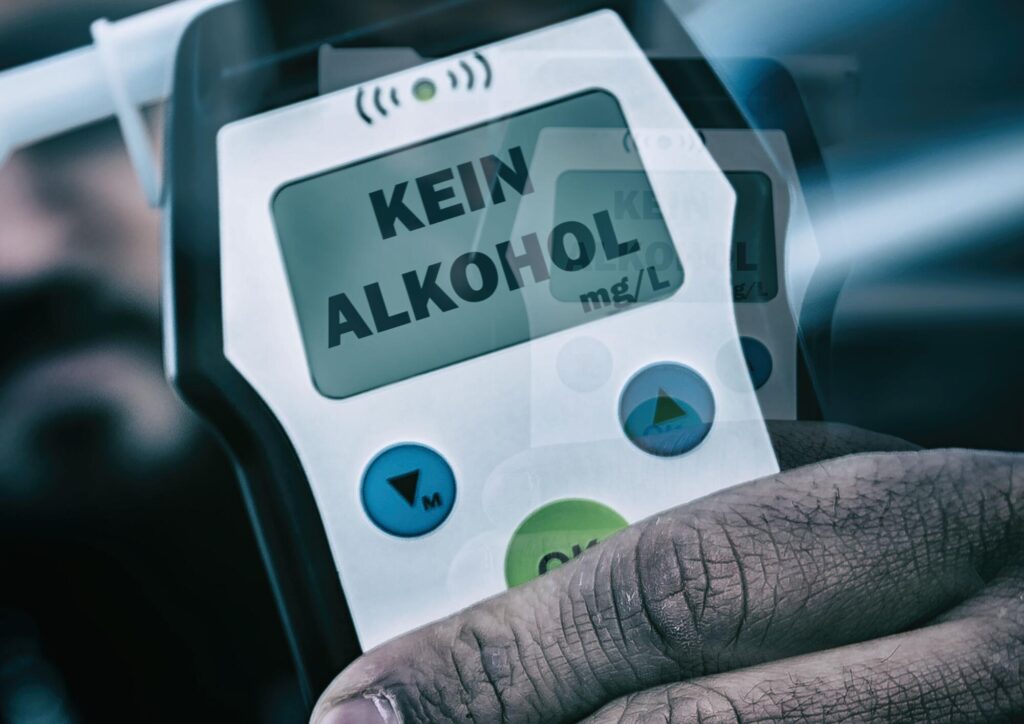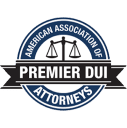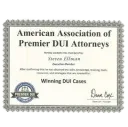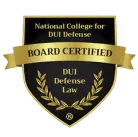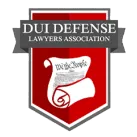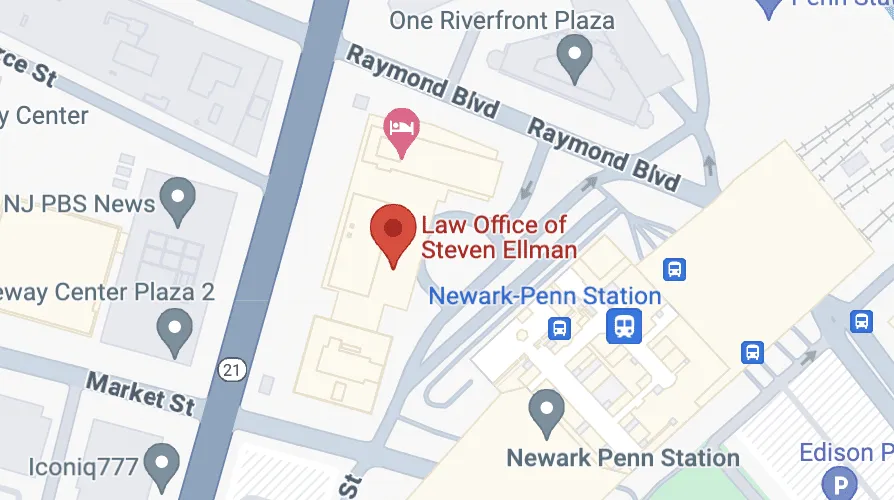When Does a DUI Become an Extreme DUI in New Jersey?
When does a DUI become an extreme DUI? Explore New Jersey’s criteria for extreme DUI offenses and understand the legal consequences.
A post from Valley Spring Recovery Center, based on NJ Health and Human Services data, reveals that there are around 26,500 DUI convictions annually in New Jersey.
If you’re facing a DUI charge, you may worry about the worst-case scenario. The potential legal consequences can be serious, especially if it’s classified as an extreme DUI. You may be asking, “When does a DUI become an extreme DUI?”
Understanding New Jersey DUI thresholds helps you prepare for what lies ahead. Knowing the factors that lead to an extreme DUI can make a big difference in your case.
Keep reading to learn more about the risks and how to handle a DUI charge in New Jersey.
What Is a DUI in New Jersey?
According to Bridgewater Police, a DUI in New Jersey occurs when someone drives with a blood alcohol concentration (BAC) of 0.08% or higher. The BAC level is the standard threshold used to determine if a person is too impaired to drive safely. However, certain factors can elevate your DUI charge to an “extreme DUI.”
Factors That Lead to an Extreme DUI in New Jersey
Several factors can contribute to your DUI being classified as extreme under New Jersey DUI laws. You might think a DUI is just a minor offense and overlook the need for legal help. However, understanding what leads to extreme DUI charges is important to avoid harsher penalties.
Higher BAC Levels
A BAC level above 0.08% increases the chances of an extreme DUI charge under New Jersey DUI laws. You might not realize your BAC was high until after being arrested.
Several factors can affect your BAC even without you realizing it. These factors include:
- Time
- Food intake
- Medications
- Stress
- Fatigue
- Body weight
They can lead to higher BAC levels, which may result in an extreme DUI charge. So, even if you did not feel you exceeded your normal alcohol intake, you could still be considered intoxicated or drunk.
Repeat Offender
If you’ve had a previous DUI conviction, you should be nervous about facing a second DUI charge. Even if your first DUI went smoothly, things can be much tougher the second time.
New Jersey DUI laws are strict on repeat offenders, and the penalties increase. If your prior DUI was within a certain timeframe, you’re more likely to face extreme DUI charges. Repeat offenders often face harsher legal consequences.
Refusal to Take a Breath Test
During the traffic stop, you might have been reluctant to take a breath test, thinking it would clear things up quickly. Factors that may lead to a refusal include:
- Fear of incrimination
- Fear of penalties
- Distrust of the police
- Concerns about the accuracy of the test
- Overconfidence in sobriety
- The belief that refusing will result in a lesser charge
- Feeling overwhelmed or unsure of what to do
However, refusal to submit to the test can have serious consequences in New Jersey. Refusing the breath test can escalate the situation, as New Jersey law views refusal as evidence of guilt. Even if you later agree to take the test, the refusal can still be used against you, potentially resulting in an extreme DUI charge.
Drug Impairment
Many people don’t realize how prescription drugs can affect their ability to drive. Mixing prescription drugs with alcohol, even one drink, can lead to extreme DUI charges. Most drivers don’t realize they are impaired or that admitting to taking medication can incriminate them.
During a traffic stop, they might explain they took prescription drugs, believing it would help their case. However, this can be used against them.
Accidents and Property Damage
If your DUI is linked to accidents, property damage, or injury, you face harsher charges. New Jersey treats these situations more seriously, especially when there is proof of high BAC or drug impairment.
Alcohol-related offenses in NJ carry stricter penalties when they result in harm or property damage. In such cases, even a first-time offender may face extreme DUI charges.
High-Risk Driving Behavior
Reckless driving, like speeding or running red lights, combined with a high BAC, raises the chances of extreme DUI charges. New Jersey takes these behaviors seriously when linked to impaired driving. Even if you didn’t intend to drive recklessly, these actions can make your case worse.
Possible Consequences of an Extreme DUI Charge
Extreme DUI penalties in New Jersey are harsher than standard DUI penalties. It’s a serious mistake to underestimate these consequences. Understanding the penalties helps you:
- Prepare better
- Know what to expect
- Give the matter the attention it deserves
Check out some of these consequences.
Extended License Suspension
An extreme DUI in New Jersey leads to a longer license suspension than a standard DUI. The suspension period is stricter and can cause serious disruptions to your daily life. Understanding the severe impact of extreme DUI charges is important.
Fines and Court Costs
Fines for an extreme DUI can vary based on BAC levels and other factors. Court costs and additional fees may also apply. These expenses can add up quickly, leading to financial burdens.
Mandatory Ignition Interlock Device
In some cases, drivers convicted of an extreme DUI must install an ignition interlock device (IID) in their vehicle. The driver is responsible for the cost of installing and maintaining the IID.
The device prevents the car from starting if alcohol is detected. It can be inconvenient, requiring regular testing and making daily activities more difficult.
Potential Jail Time
Extreme DUI charges can lead to jail time. Repeat offenders might face longer sentences than first-time offenders. Jail time is more likely if there are aggravating factors, such as:
- High BAC levels
- Prior DUI convictions
- Dangerous driving behaviors
The court considers these circumstances when deciding the severity of the punishment.
Increased Insurance Costs
Apart from legal problems, an extreme DUI can lead to higher car insurance premiums. Insurance companies view high-risk drivers as more likely to cause accidents, which results in increased rates.
Your premiums may rise significantly due to the DUI conviction. This can make it more expensive to maintain coverage.
Defenses and Legal Options for Extreme DUI Charges
Facing an extreme DUI charge can be frightening, with serious potential penalties. The good news is that there are DUI legal defense strategies to dispute the charge or reduce the consequences.
An attorney can help you explore these options and protect your rights. Below are some of the options.
Questioning Probable Cause
The first DUI legal defense strategy to consider is challenging the traffic stop. Often, police don’t have a valid reason to make the stop or request a BAC test.
If you can dispute the lack of probable cause, your extreme DUI charges may be dismissed. A skilled attorney can help argue these points, as they understand the laws surrounding probable cause. The attorney also understands how to use the laws to defend you.
Challenging the BAC Test
Breathalyzers can be faulty, leading to inaccurate results. Police officers may also administer breath tests incorrectly.
An attorney can challenge the accuracy of the breath test or how it was administered. They know how to spot errors and argue these issues as part of your extreme DUI defense.
Defending Against Refusal Charges
Your attorney can argue that there was no clear indication of impairment or that the officer didn’t properly explain the test. They can defend your refusal by showing that the officer failed to follow proper procedures. This can reduce the impact of the refusal on your case.
Medical Conditions
You might be confused about why your BAC reading was so high during your arrest. You’re sure you didn’t drink enough to exceed the legal limit.
Certain medical conditions, like acid reflux, can cause high BAC readings without actual alcohol impairment. An attorney can help find a medical expert to testify on your behalf. If successful, this can help reduce or dismiss your extreme DUI charges.
Negotiating a Plea Deal
If the evidence against you in an extreme DUI case seems overwhelming, you might feel like there’s no way out. However, all hope isn’t lost. An attorney can still help.
Prosecutors may offer a plea deal when they believe they have a strong case against you. But don’t accept the deal without consulting a lawyer.
Often, they’re bluffing. A skilled attorney can negotiate a more favorable plea deal, reducing your charges and penalties.
Despite knowing the above extreme DUI legal defense strategies, it’s still necessary to involve an attorney. Trying to represent yourself can be a fatal mistake.
New Jersey DUI laws are complicated, and the consequences can be severe. A lawyer can help you understand the law and build a strong defense. The attorney can also reduce your penalties.
Consult an Attorney to Know When Does a DUI Become an Extreme DUI
Understanding when does a DUI become an extreme DUI is crucial. In New Jersey, several factors, like a high BAC or reckless driving, can lead to harsher penalties. It’s easy to underestimate the seriousness of your situation, but extreme DUI charges can have lasting consequences.
At the Law Office of Steven Ellman, we are here to help with extreme DUI charges. Contact us today for the support you need to protect your future.

